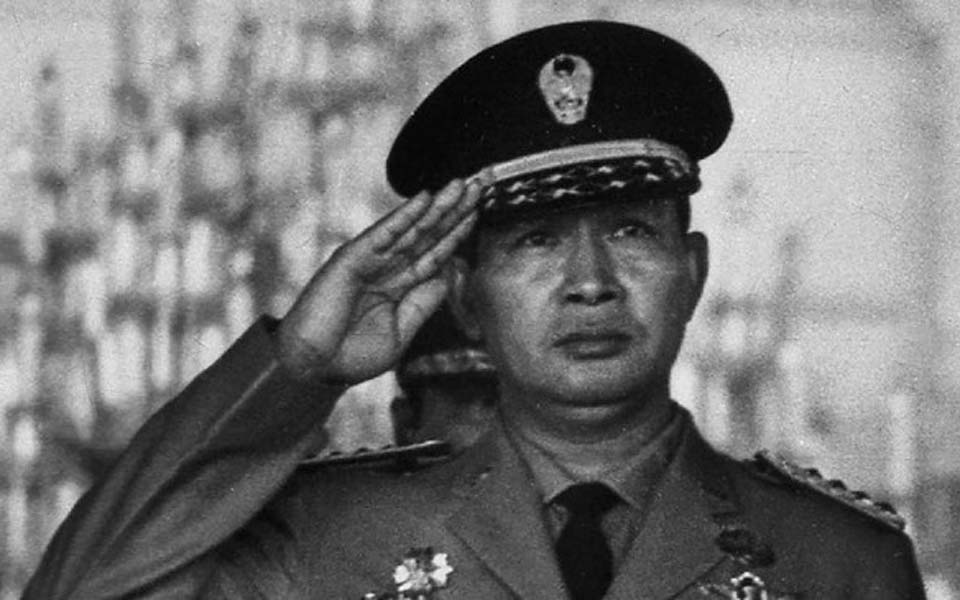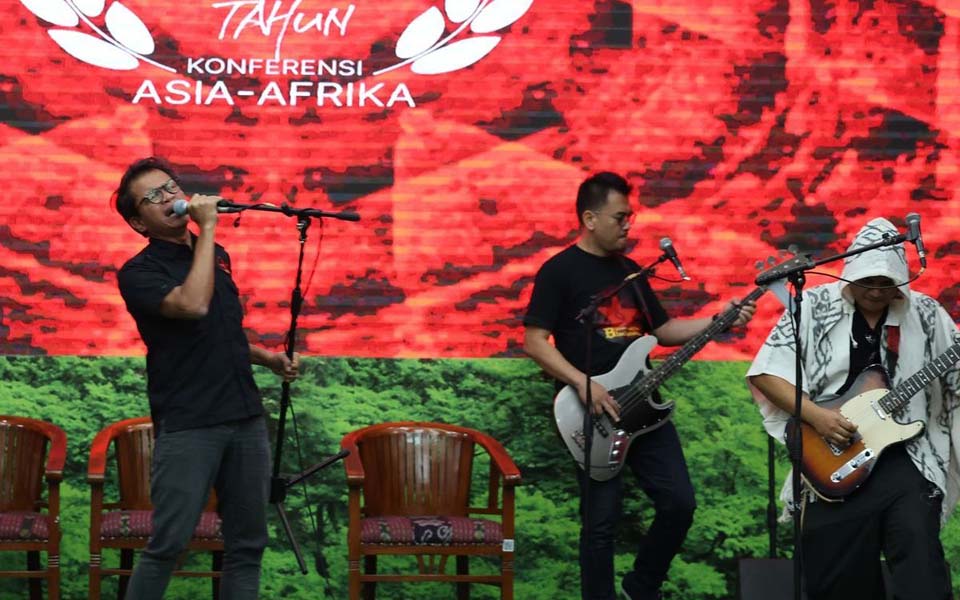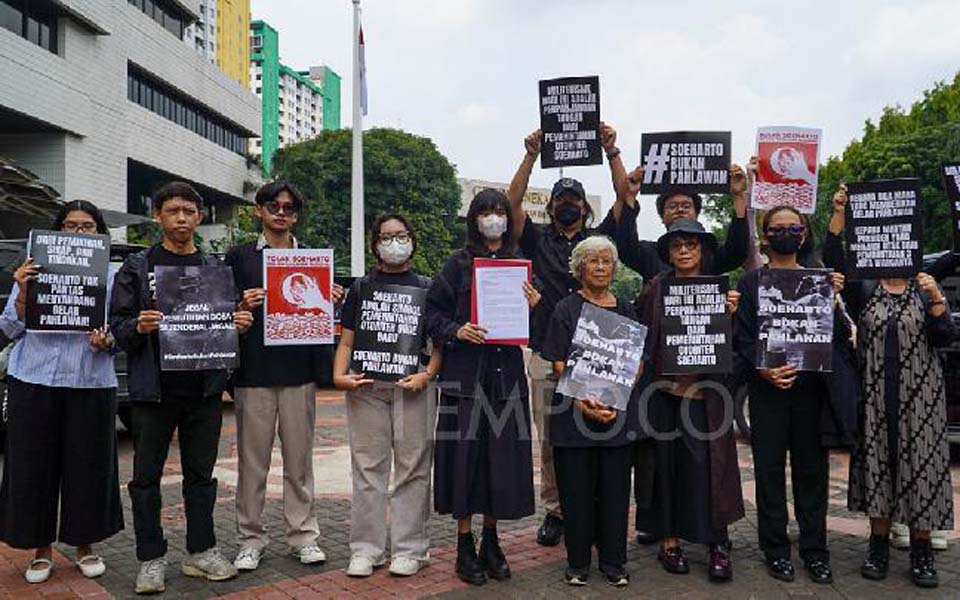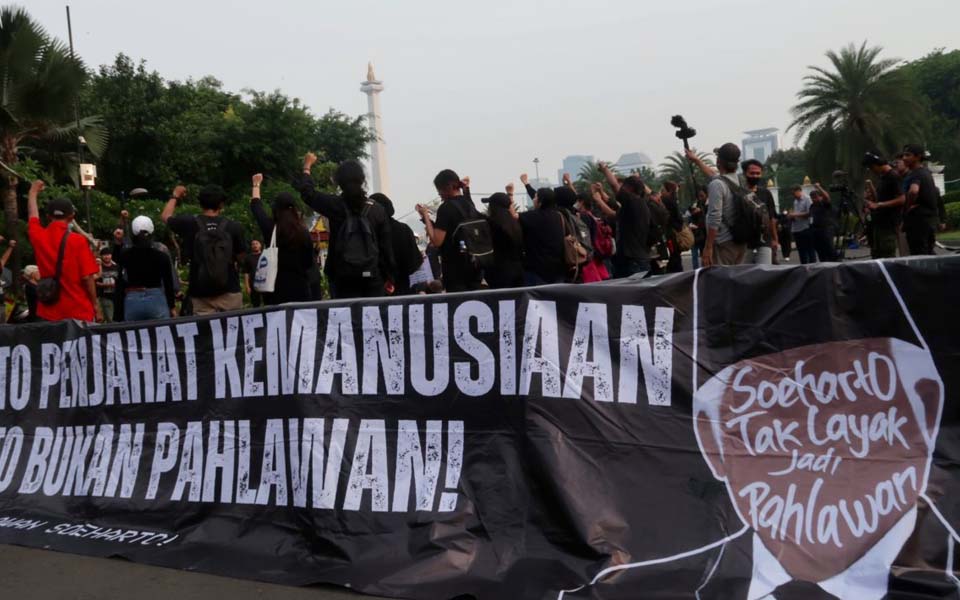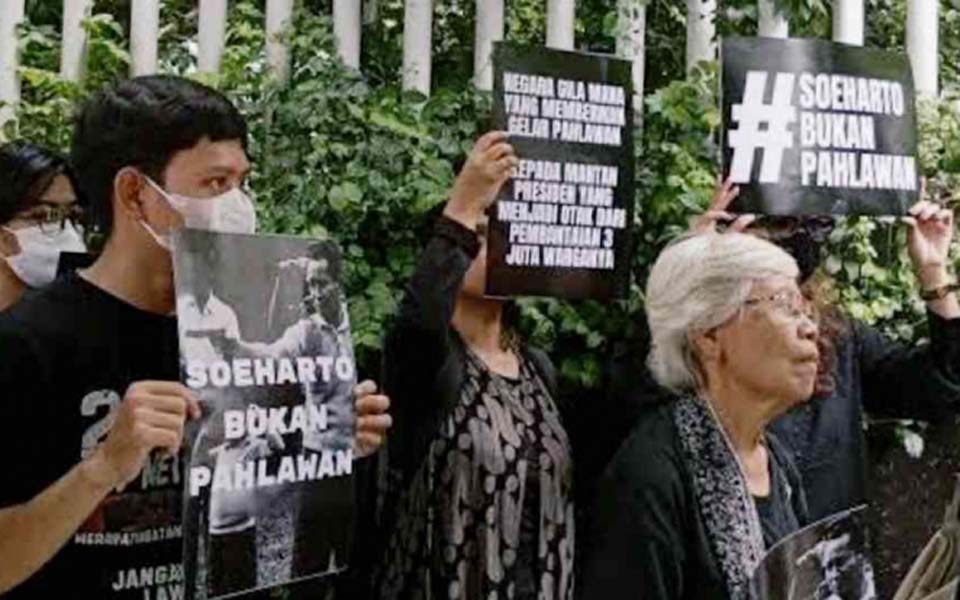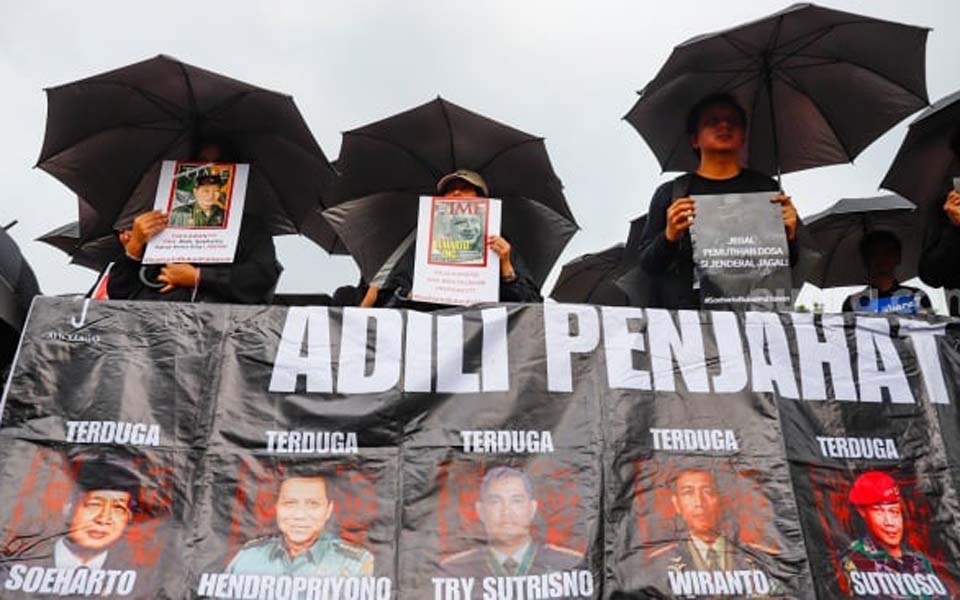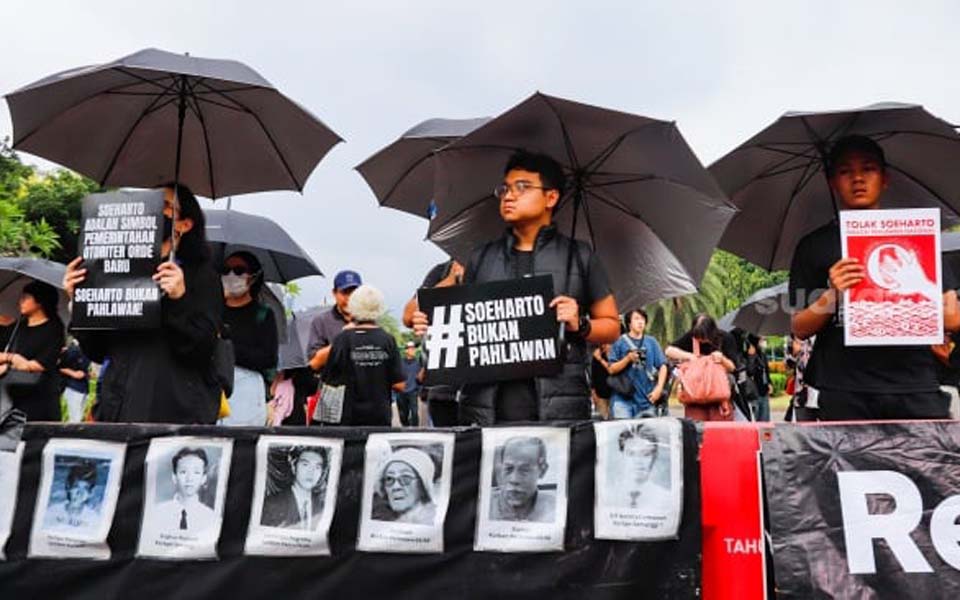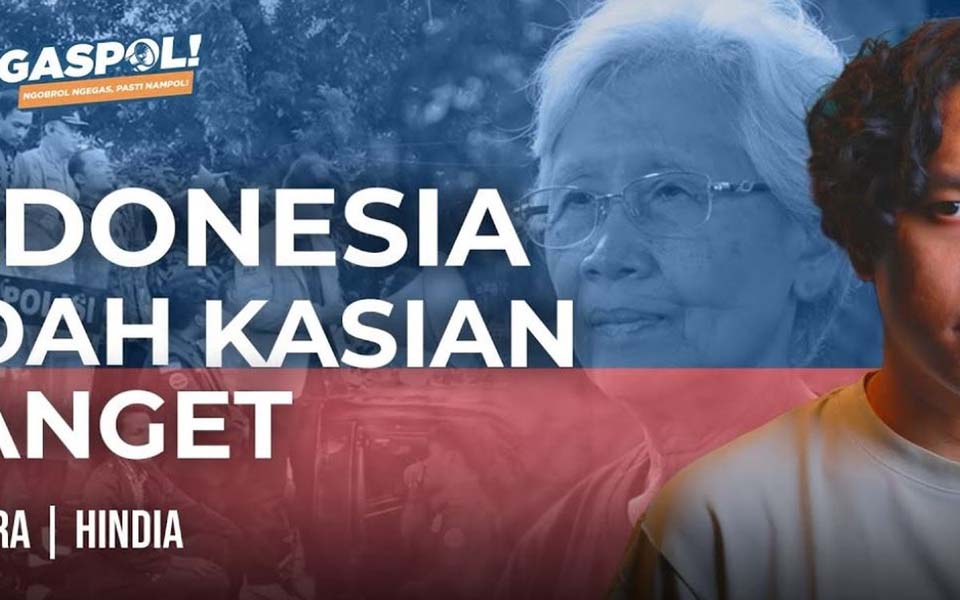Tatang Guritno, Jakarta – The Commission for Missing Persons and Victims of Violence (Kontras) says that since 2015 the government has formed numerous bodies and mooted various ideas to resolve cases of past gross human rights violations but in the end they have come to nothing.
According to advocacy staff member Tioria Pretty, over the last five years the Attorney General's Office (Kejagung) and the Coordinating Ministry for Security, Politics and Legal Affairs (Kemenko Polhukam) have formed four teams to resolve past human rights cases.
The results of the teams' work however are often unclear and in fact have been negated by the government itself.
"In 2015 the Attorney General said that gross human rights violations would be resolved by a Reconciliation Committee, [but] it wasn't transparent and talked about non-judicial resolutions. Yet the one speaking about it was a law enforcement official, namely the Attorney General. So it was heavily off-side", said Pretty during a Kontras virtual discussion on Thursday April 8.
In the same year, added Pretty, the government through the Attorney General's Office and the Coordinating Ministry for Security, Politics and Legal Affairs, formed a committee to reveal the truth.
But in the end the aim of the committee was the same as the Reconciliation Committee formed by the Attorney General.
"Yeah, talking about an apology without there being any follow up to ensure there was justice, exposing justice, reparation, repetition and the like", she explained.
In 2016, the government through then Coordinating Minister for Security, Politics and Legal Affairs (Menkopolhukam), Luhut Binsar Pandjaitan, held a National Symposium on the 1965 tragedy.
Pretty related how the recommendations that resulted from the symposium concluded that there had been gross human rights violations committed by the state and the state must apologise to the victims.
"But unfortunately the conclusions arrived at by the symposium were disavowed by the initiator himself, namely the Menkopolhukam at the time, Pak [Mr] Luhut Binsar Pandjaitan", she said.
That year Pandjaitan was replaced by Wiranto. Pretty related how during Wiranto's term he initiated the concept of reconciliation by forming a National Reconciliation Council.
"Now, the National Reconciliation Council also emphasised reconciliation without revealing the truth, it also [ended] without clarity. Yeah, what was meant by reconciliation, what was being reconciled if the state does not want to acknowledge what actually happened", she said.
Finally, in 2018, Wiranto also formed an integrated team to handle cases of gross human rights violations.
Although restitution was talked about in terms of building roads, mosques and various facilities for the victims of gross human rights violations, Pretty said that this is an obligation which the state has for all of its citizens.
According to Pretty, if you refer to the theory of rehabilitation for gross human rights violations, there must be an acknowledgement first that the incidents which occurred were a crime by the state.
"Building roads and mosques is good, it's the state's obligation to do this. But if you want to refer to the theory of rehabilitation for gross human rights violations, rehabilitation is aimed specifically at the victims of the gross human rights violations and here there is an acknowledgement from the state that what happened in the community, to individuals, was a crime by the state in the past", she concluded.
The Coordinating Ministry for Security, Politics and Legal Affairs is now in the process of preparing a working unit under President Joko "Jokowi" Widodo to resolved cases of gross human rights violations.
The working unit is called the Presidential Working Unit for Handling Incidents of Gross Human Rights Violations (UKP-PPHB). The formation of the UKP-PPHB is being prepared through a draft presidential regulation as its legal basis.
The Coordinating Ministry for Security, Politics and Legal Affairs Director for Human Rights Instruments, Timbul Sinaga, says the main focus of the UKP-PPHB will be to find a non-judicial resolution to gross human rights violations.
The non-judicial resolution referred to by Sinaga will be the state restoring the rights of victims of gross human rights violations.
[Translated by James Balowski. The original title of the article was "Kontras: Sejak 2015 Banyak Tim Bentukan Pemerintah untuk Selesaikan Kasus HAM Berat, tapi Berakhir Tak Jelas".]






